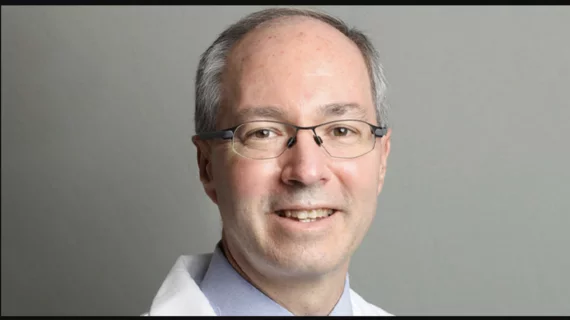Heart failure specialist Sean Pinney named new chief of cardiology at Mount Sinai Morningside
Sean Pinney, MD, a veteran cardiologist and educator who specializes in heart failure and heart transplants, has been named the new chief of cardiology at Mount Sinai Morningside in New York City. His responsibilities will include leading “all aspects of cardiology at the hospital,” including its cath labs and the Al-Sabah Arrhythmia Institute.
The move represents a return of sorts for Pinney, who served Mount Sinai in a variety of leadership roles from 2004 to 2020. From Mount Sinai, he went on to University of Chicago Medical Center, where he served as director of heart failure and cardiac transplantation, director of the Richard P. Parrillo Family Center for Clinical and Translational Cardiology Research and co-director of the Heart and Vascular Center.
Over the course of his career, Pinney has also published hundreds of peer-reviewed research articles, abstracts and book chapters. He is currently an associate editor of the Journal of the American College of Cardiology and JACC: Heart Failure and an editorial board member of the Journal of Heart Failure.
“I’m thrilled to be returning to Mount Sinai Heart to build a cardiovascular center of excellence at Mount Sinai Morningside that serves the local communities of Harlem, Morningside Heights, and the Upper West Side, focusing on eliminating health care disparities and advancing the careers of our faculty, staff, and trainees,” Pinney said in a prepared statement. “My vision is to create the top cardiovascular fellowship training program in New York and sustain a robust clinical trial program while employing the highest percentage of women and underrepresented minorities.”
“We are pleased to have Dr. Pinney back at Mount Sinai,” added Valentin Fuster, MD, PhD, president of Mount Sinai Heart and physician-in-chief of The Mount Sinai Hospital. “He is an outstanding academician and clinician with a significant commitment to training the next generation of cardiovascular specialists.”

